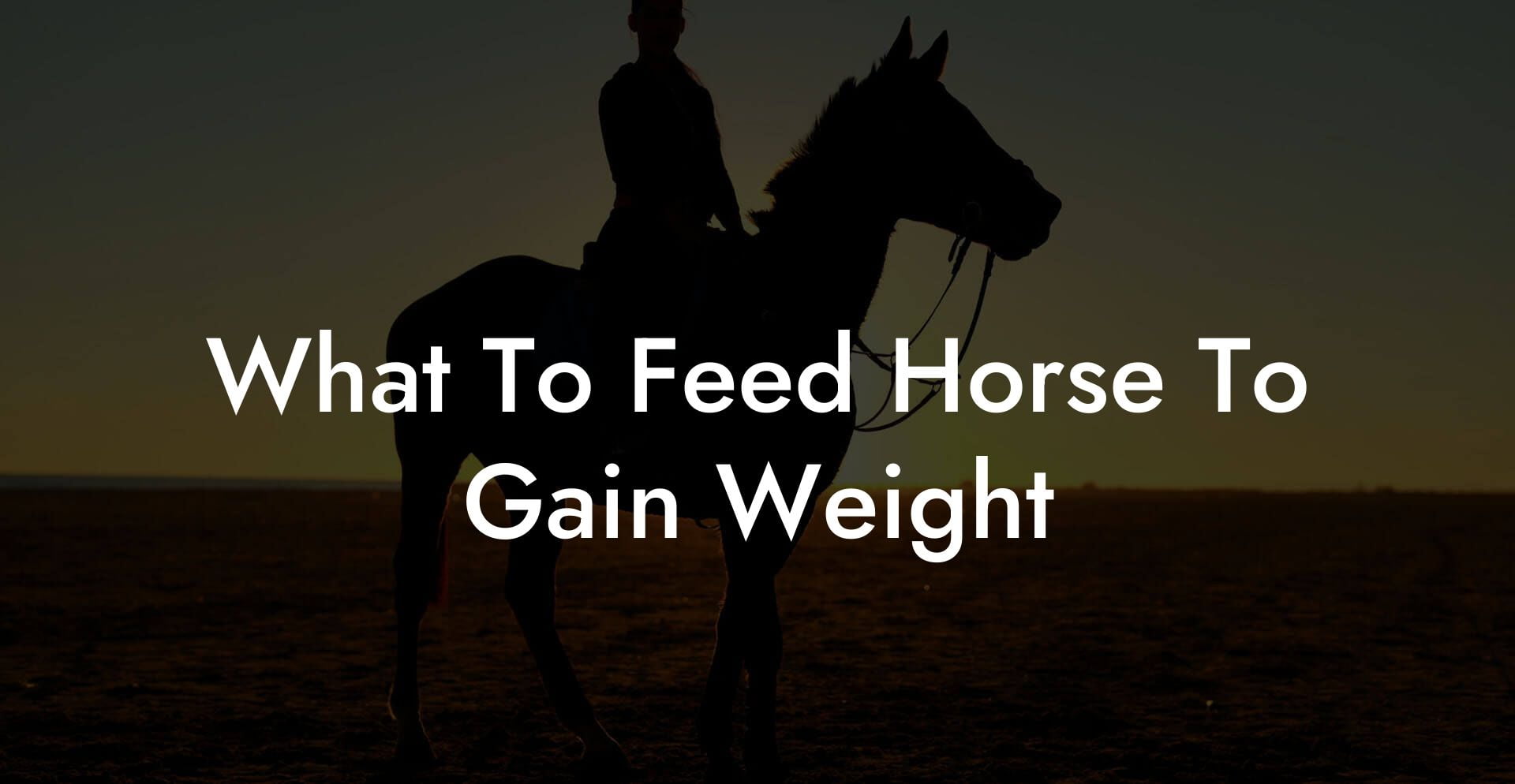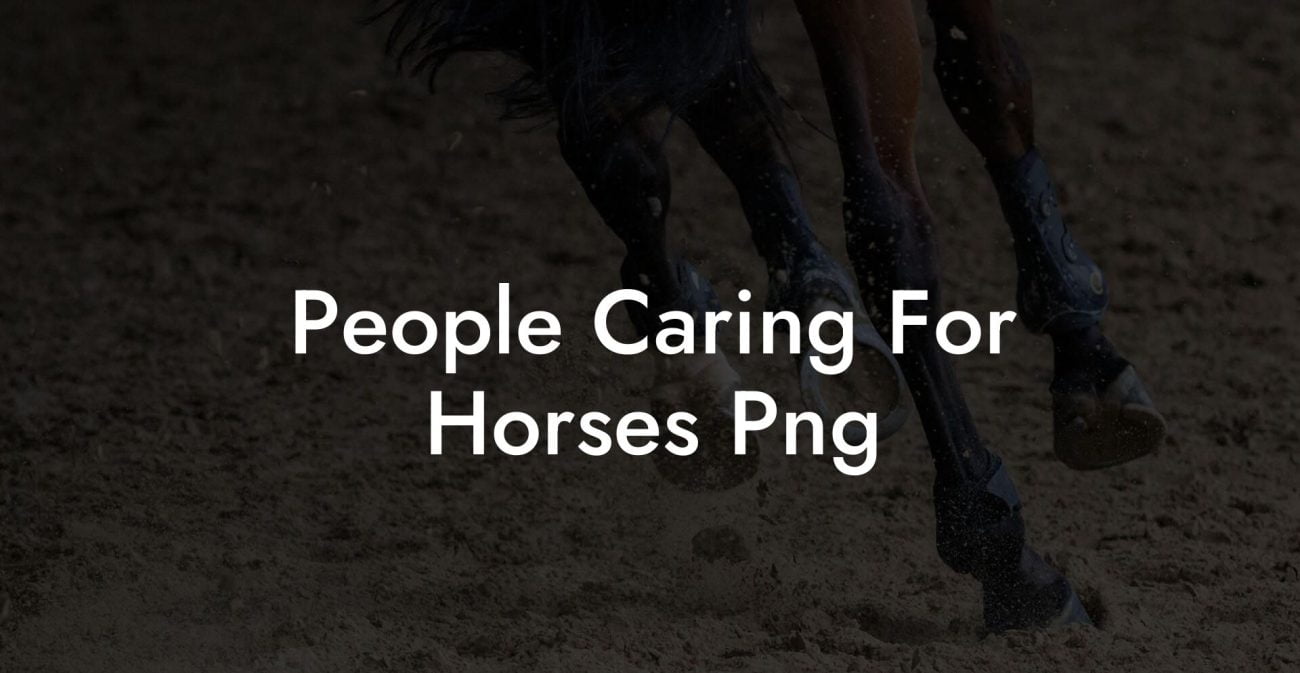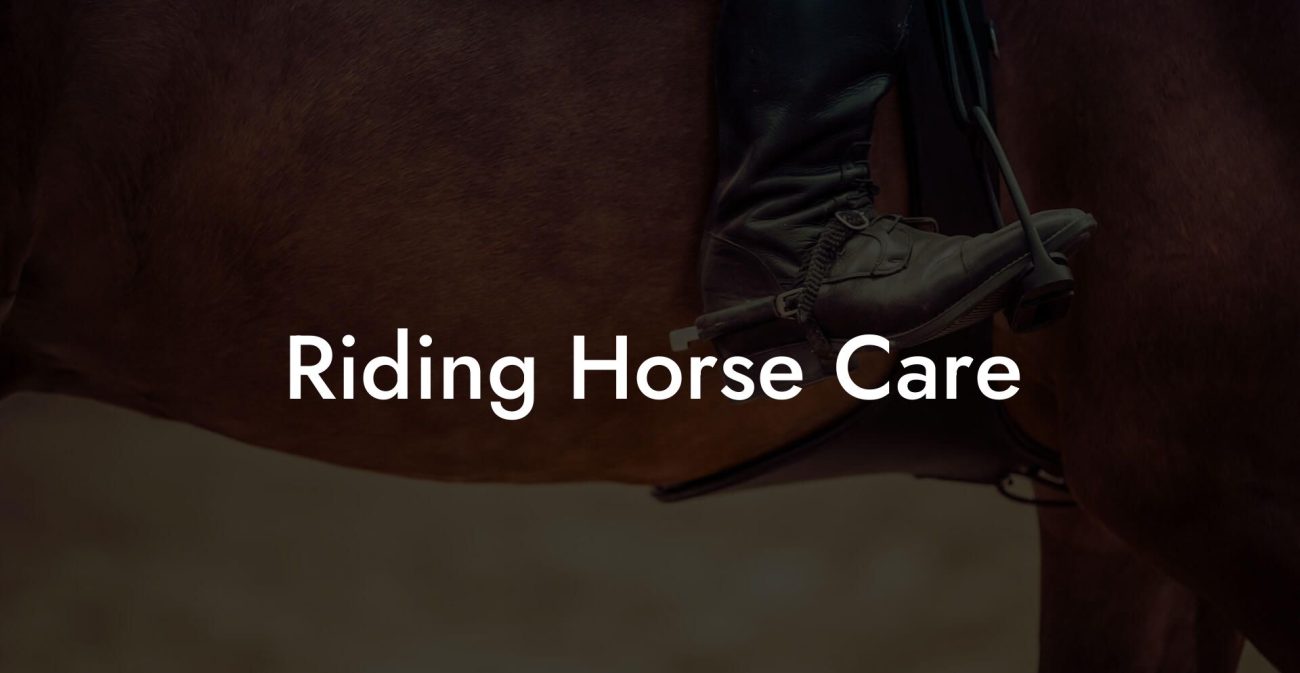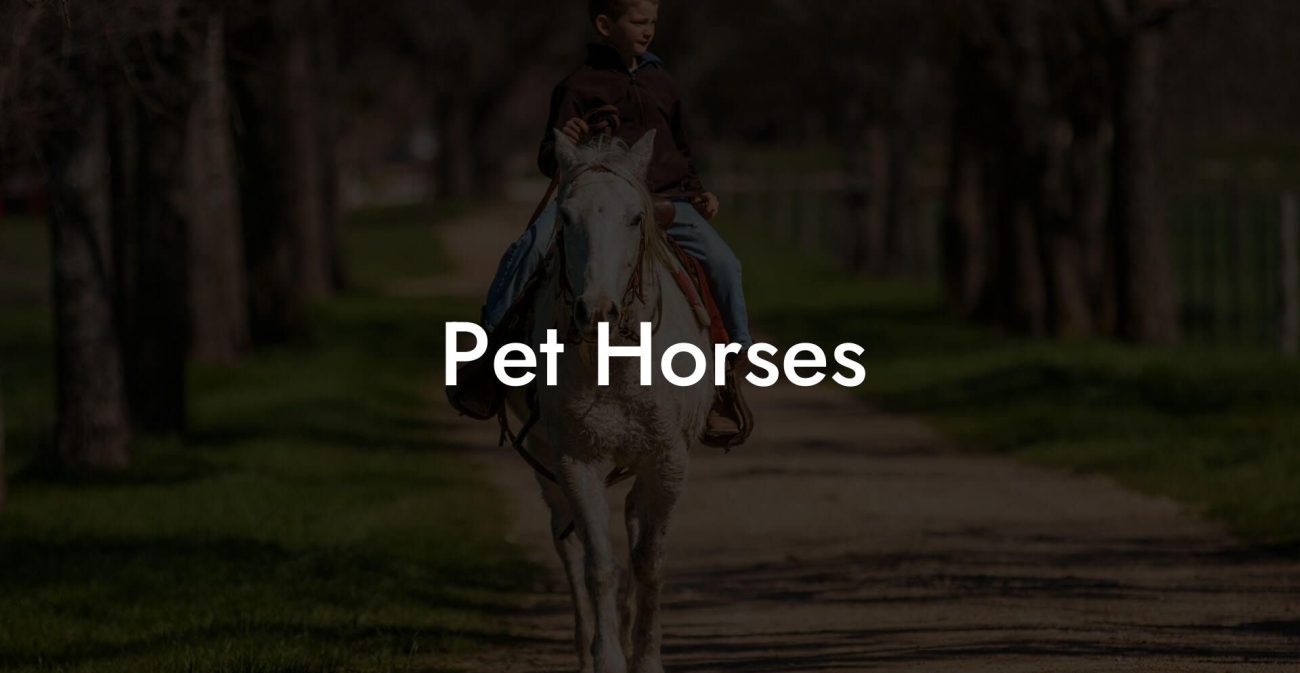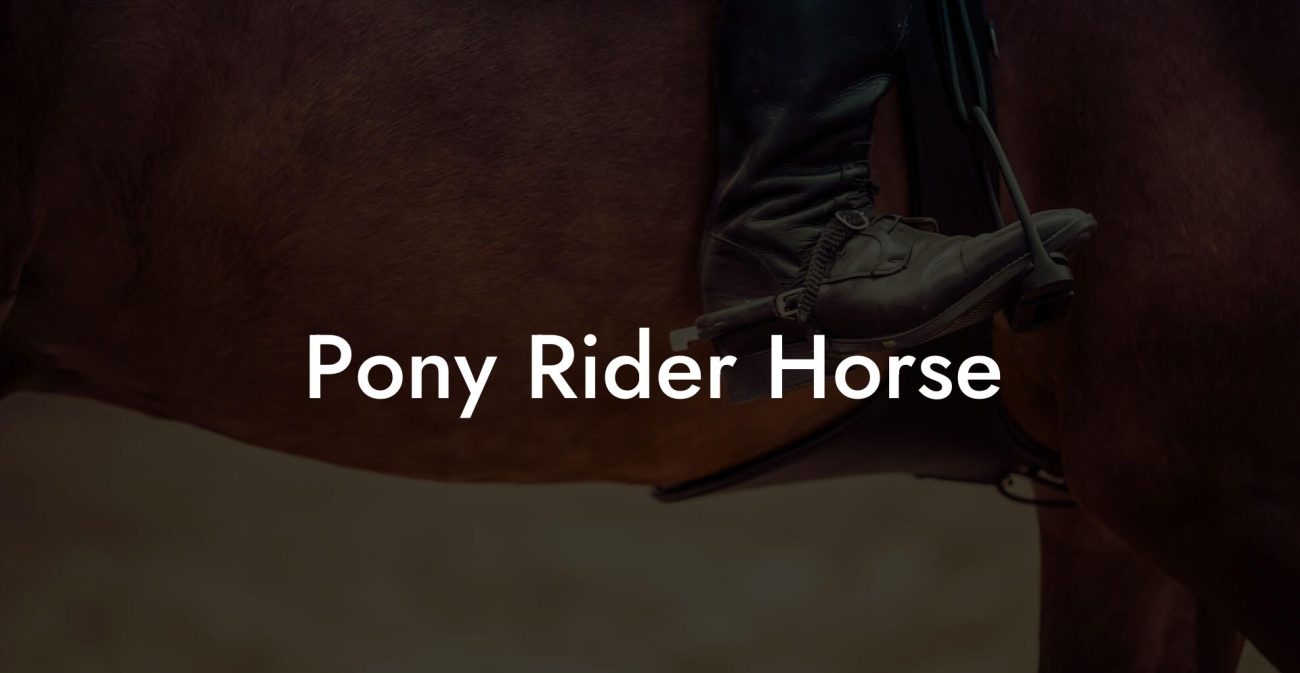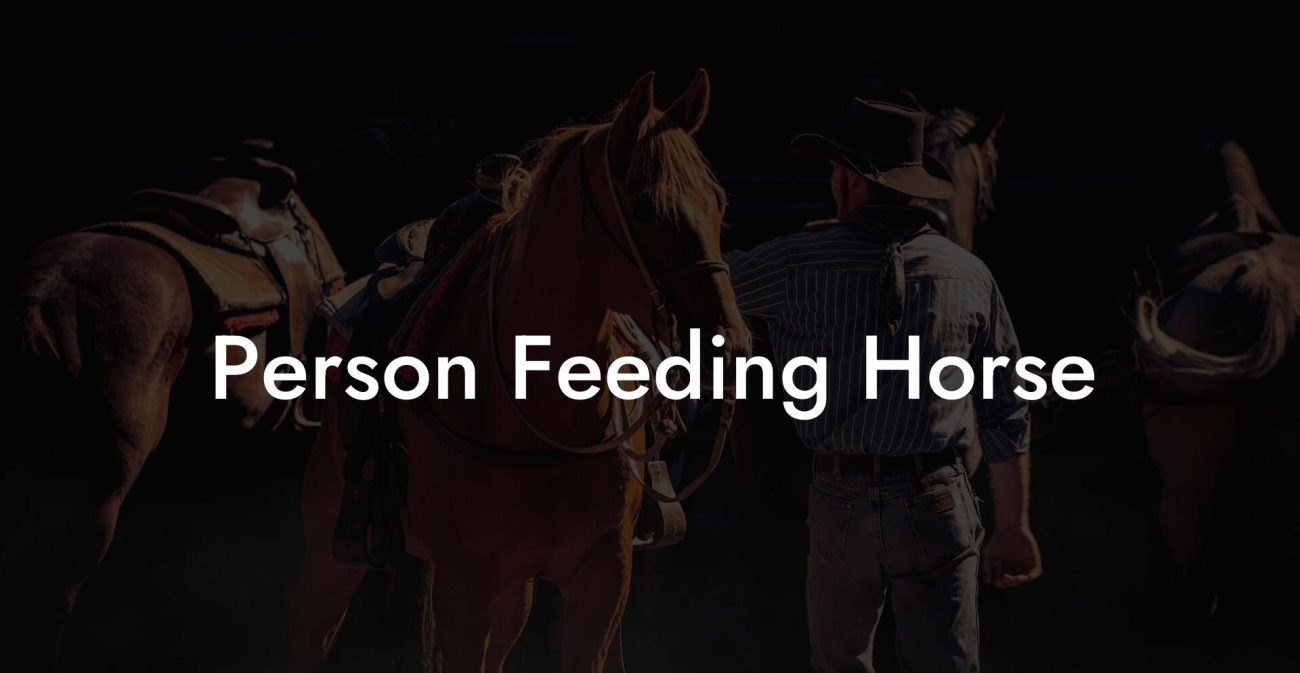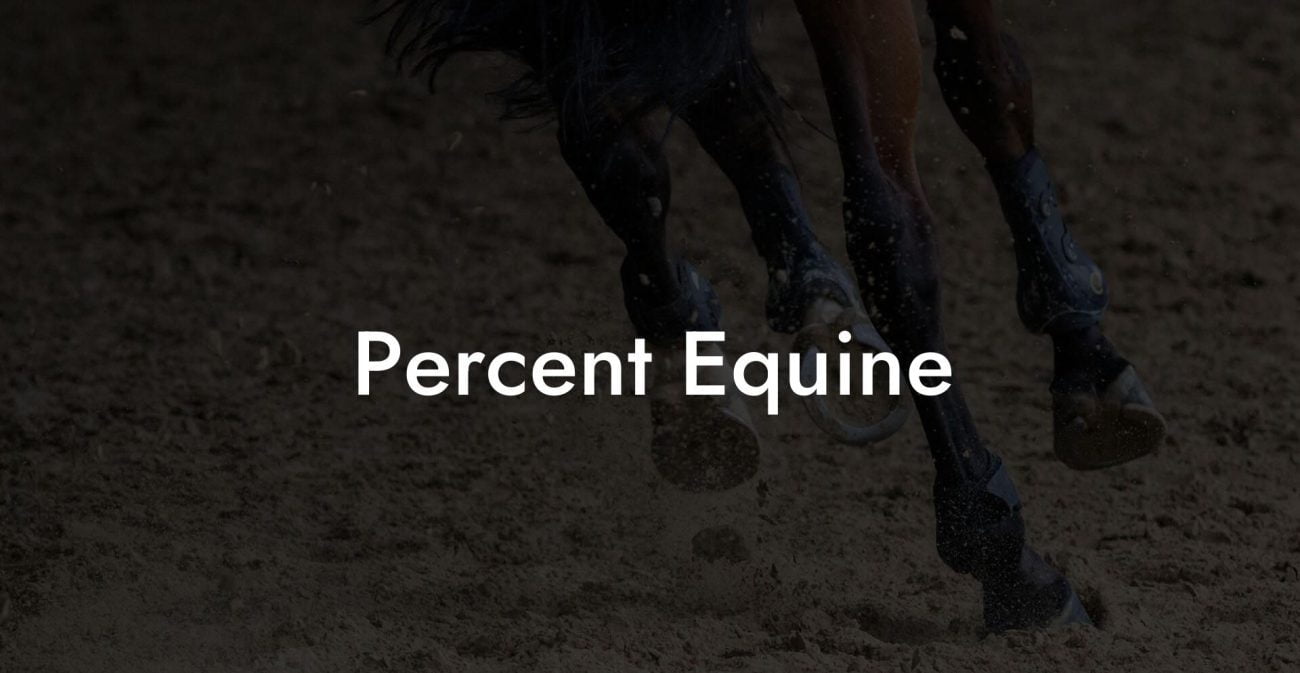Caught in the mid-day sun with your trusty steed looking a little too lanky? Feeding a horse to help it gain weight isn’t just about piling on the feed, it’s a fine-tuned art that blends science, passion, and a dash of magic. In this deep-dive guide, we’ll explore everything from high-calorie feeds, protein-packed concentrates, and nutrient-dense supplements, to feeding routines and lifestyle tweaks, all designed to help your equine friend bulk up in a healthy and sustainable way. Whether you’re a first-time horse owner or a seasoned rider, buckle up as we take you on an engaging and down-to-earth journey to a robust and happy horse.
Quick Links to Useful Sections
- Understanding Your Horse’s Weight Dilemma
- The Building Blocks: Essential Nutrients for Equine Weight Gain
- High-Calorie Feeds and Supplements: What Works Best?
- Grains and Concentrates
- Forages: Upgrading your Hay Game
- Fats and Oils: The Calorie-Boosting Secret
- Specialty Supplements
- Feed Options at a Glance: Which Ones Work for Your Horse?
- Commercial Concentrates and Pelleted Feeds
- High-Quality Forage (Alfalfa vs. Grass)
- Grain Mixes and Individual Grains
- Fat and Oil Supplements
- Crafting a Feeding Schedule: Consistency is Key
- Beyond the Feed: Lifestyle and Environmental Considerations
- The Role of Professional Guidance: Vets and Nutritionists to the Rescue
- Real-Life Transformations: Case Studies of Successful Equine Weight Gain
- Case Study 1: From Skinny to Stunning
- Case Study 2: Overcoming Digestive Challenges
- Case Study 3: The Power of Consistency
- Additional Tips and Tricks: Maximizing Every Bite
- Resources and Community Support: Your Next Steps
- Designing Your Personalized Equine Weight Gain Plan
- Step 1: Perform a Health Assessment
- Step 2: Analyze the Current Diet
- Step 3: Craft a Balanced Feeding Regimen
- Step 4: Implement and Adjust
- Step 5: Incorporate Lifestyle Adjustments
- Equine Nutrition FAQs: Your Questions Answered
- Your Horse’s Transformation: A Journey to a Healthier Weight
Understanding Your Horse’s Weight Dilemma
When your horse seems to be burning off calories faster than it can consume them, it’s a sign that it might need a nutritional intervention. There are plenty of reasons why a horse might struggle to gain weight, ranging from high metabolism, underlying health issues, dental problems, or even poor-quality forage. Before you start tossing extra feed into the mix, it’s important to understand whether your horse is naturally lean, under-conditioned, or suffering from a specific medical issue.
In the equine world, the phrase “weight gain” isn’t about letting your horse become a couch potato. It’s about achieving the ideal body condition that supports optimal performance, solid health, and overall vitality. Keywords like "horse weight gain," "equine nutrition for weight gain," and "feeding strategies for lean horses" are essential for understanding the complex relationship between diet and energy balance.
Before making any diet changes, it’s crucial to consult with your veterinarian. A horse’s weight issues might be symptomatic of broader health challenges such as parasites, metabolic disorders, or dental malfunctions. Once you have a clear diagnosis, you can confidently design a feeding plan to build up your horse’s reserves.
The Building Blocks: Essential Nutrients for Equine Weight Gain
Successfully helping your horse gain weight revolves around ensuring it receives a balanced cocktail of nutrients and energy-dense ingredients. Think of it like crafting the perfect smoothie, each ingredient offers a unique benefit that, when combined, creates optimal health outcomes.
High-quality forage remains the backbone of any equine diet, yet sometimes it’s not enough to pack on the pounds. The key nutrients include:
- Energy and Calories: Carbohydrates and fats are your horse’s primary fuel sources. Look for feeds that contain a good balance, with ingredients like oats, barley, and corn, which are energy-dense and promote weight gain.
- Protein: Essential for muscle building and tissue repair, proteins can come from soybean meal, alfalfa hay, and specially designed pellets. Sufficient protein supports not just weight gain but also overall strength and performance.
- Fats: Adding a bit of fat is one of the most effective ways to increase overall calorie intake. Vegetable oils, rice bran, and flaxseed are fantastic sources that are both energy-rich and beneficial for maintaining coat health.
- Vitamins and Minerals: Equine diets require micro-nutrients like vitamin E, selenium, and B-complex vitamins. These help maintain healthy neurological, digestive, and reproductive functions as your horse gains weight.
- Fiber: While your horse’s diet needs energy-dense ingredients, it mustn’t skimp on fiber. High-quality hay not only nourishes the digestive tract but also provides the roughage essential for proper digestion and nutrient absorption.
A balanced blend of these nutrients ensures that your horse doesn’t just put on weight but gains muscle mass, improves energy levels, and maintains a robust immune system. Integrating phrases like "nutrient-dense feed for horses" and "calorie rich equine diet" can help steer both your research and your feeding strategy.
High-Calorie Feeds and Supplements: What Works Best?
Wanting your horse to pack on wholesome weight requires careful selection of high-calorie feeds and supplements. In this realm, quality matters just as much as quantity. You’re not just throwing extra oats into the mix; you want to give your horse the right mix of calorie boosters that promote lean muscle growth without overloading its digestive system.
Grains and Concentrates
Grains like oats, barley, and corn rank high in calorie content and are a go-to for many horse owners aiming to help their horses gain weight. Many horses benefit from commercially available concentrates that have been formulated to optimize weight gain. Look for feeds that include a mix of carbohydrates, proteins, and fats. Some tips:
- Oats: A favorite among equine enthusiasts, oats not only provide well-rounded energy but also offer a good source of fiber.
- Barley: Highly palatable and calorie-dense, barley is a great addition that can be mixed with other grains to create a balanced diet.
- Corn: While corn is a powerful source of calories, it must be introduced gradually as horses are not naturally predisposed to processing large amounts of this grain.
Many feeds combine these grains with added vitamins and minerals to ensure that while your horse is increasing calorie intake, it’s also receiving essential nutrients. Keywords like "high-energy horse feed," "best concentrates for weight gain," and "grain mix for horses" naturally align with these strategies.
Forages: Upgrading your Hay Game
Quality forage is the cornerstone of every horse’s diet, regardless of their condition. For horses with weight gain challenges, it’s important to provide high-quality, nutrient-packed hay. Legume hays like alfalfa are richer in calories and protein compared to grass hays such as timothy. If you're looking to give your horse a calorie boost without compromising digestive health, switching to a combination of alfalfa with a good mix of grasses can be the magic ticket.
To further enhance calorie intake, consider the following:
- Soaked Hay: Soaking hay can help break down some of the fiber, making it easier to digest and increasing the absorption of nutrients.
- Chop or Cube: Some owners find that cutting hay into smaller pieces can help horses chew more efficiently and take in more feed during each session.
Fats and Oils: The Calorie-Boosting Secret
Fats are often the secret weapon in a weight gain program. Adding oils to your horse’s ration can boost calorie intake significantly. Options include:
- Vegetable Oils: Corn oil, soybean oil, and sunflower oil are excellent sources of fats that are easily digestible.
- Rice Bran: A natural fat source that can be mixed into feed to add extra energy without altering the flavor dramatically.
- Flaxseed: Not only does flaxseed provide healthy fats, but it also contributes omega-3 fatty acids which are great for skin and coat health.
These oils can be drizzled over your horse’s feed or mixed into concentrates to ensure an even distribution of calories. Look up terms like "equine oil supplements" and "added fats for horse nutrition" when searching for product reviews or scientific studies.
Specialty Supplements
In addition to the basic feed components, there are specialty supplements that can help tip the scales in your horse’s favor. High-calorie supplements, electrolyte mixes, and digestive aids such as probiotic formulas can all contribute to a more efficient nutrient absorption process, ensuring that your horse is not just eating more, but actually getting the most out of every bite.
When choosing supplements, always check with your vet to tailor the regimen to your horse’s unique needs. Keywords like "supplements for equine weight gain" and "high calorie equine supplements" can be useful while shopping online or discussing options with nutrition experts.
Feed Options at a Glance: Which Ones Work for Your Horse?
Every horse is unique, and what works wonders for one might not yield the same results for another. Let’s break down the primary feed types you should consider when designing your weight gain strategy:
Commercial Concentrates and Pelleted Feeds
These are formulated with a precise balance of proteins, fats, carbohydrates, vitamins, and minerals. They’re designed to be easily digestible and to provide consistent calorie boosts even for horses that are picky eaters. Featuring keywords like "commercial horse feed for weight gain" and "pelleted equine feed," these options are often recommended by veterinarians and equine nutritionists.
High-Quality Forage (Alfalfa vs. Grass)
While most horses thrive on grass hay, a weight gain program might call for a higher inclusion of alfalfa hay due to its richer calorie and protein profile. Blending the two types of hay can offer your horse the best of both worlds, a balanced fiber content along with a denser nutrient profile.
Grain Mixes and Individual Grains
Grains such as oats, barley, and corn are the staples for most horses needing a calorie boost. They’re versatile, palatable, and can be used in combination with other feeds to further enhance nutritional value. Many owners mix these grains with commercial concentrates to create a bespoke recipe tailored to their horse’s preferences and nutritional needs.
Fat and Oil Supplements
As mentioned earlier, the addition of oils and fat-rich supplements is a game changer. They not only increase calorie content but also assist in the absorption of fat-soluble vitamins, which are crucial for several bodily functions such as coat health and immune performance.
Whether you choose commercial pellets, forage mixtures, or standalone grains, it’s all about creating a balanced approach that gradually boosts your horse’s energy intake while ensuring overall nutritional harmony.
Crafting a Feeding Schedule: Consistency is Key
A feeding plan for weight gain is more than just tossing extra feed in the bucket, it involves a well-structured routine that gives your horse’s digestive system time to adjust and absorb nutrients effectively. Establishing a consistent schedule ensures that your horse receives a steady supply of calories throughout the day rather than overwhelming its stomach with one massive meal.
Here are some top tips to shape an effective feeding schedule:
- Multiple Small Meals: Instead of one or two large feedings, split your horse’s intake into three or four smaller meals. This process helps maintain a high energy level without overburdening the digestive tract.
- Soaking and Pre-Mixing: Soaking grains and hay before feeding can improve digestibility while simultaneously increasing water intake, which is crucial for nutrient absorption.
- Monitor Portions: Use weight tapes, body condition scoring, and even digital apps to monitor your horse’s progress. Incremental adjustments ensure that your horse isn’t suddenly overloaded with too many calories.
- Scheduled Supplements: Stick to a routine for oil drizzles or supplement additives. Consistency helps maintain the digestive rhythm and stabilizes nutrient absorption.
When planning your feeding schedule, research terms like "equine feeding frequency" and "nutrient timing for weight gain" to help tailor each meal to your horse’s unique metabolic rate.
Beyond the Feed: Lifestyle and Environmental Considerations
Diet alone isn’t the only factor that impacts a horse’s ability to gain weight, its overall environment and level of activity also play pivotal roles. A calm, stress-free environment, regular exercise, and good health management practices all contribute to optimal weight gain.
Stress Management: Just like people, horses can lose weight when stressed. Ensure that your stable environment is comfortable with ample space, social interaction with other horses, and minimal exposure to stressful situations. Words like "low stress equine environment" and "stable management for healthy weight" often appear in high-quality equine care guides.
Balanced Exercise: Don’t mistake weight gain as an excuse to completely curtail exercise. Low-impact activities keep the digestive system active, help maintain muscle tone, and promote mental well-being. Think of it as the difference between healthy bulk and unwanted fat. Controlled turnout time and light exercise are keys to maintaining a balanced, yet effective, regimen.
Hygiene and Dental Health: Regular dental checks ensure that your horse properly chews its feed. Poor dental health can lead to insufficient breakdown of food, affecting nutrient absorption and overall weight gain.
Balancing feed with a nurturing environment means considering all aspects of your horse’s daily life. From stress-free turnout and clean water access to proper grooming, every detail counts.
The Role of Professional Guidance: Vets and Nutritionists to the Rescue
While online tips and tutorials are a great starting point, nothing replaces the attention of a professional. Your veterinarian and equine nutritionist play a crucial role in evaluating your horse’s health and crafting an individualized feeding plan. Consulting experts can help determine if your horse has any underlying conditions that impair its ability to gain weight or if there are deficiencies that need addressing.
Here are some reasons you should seek professional guidance:
- Comprehensive Health Evaluation: Vets can identify issues that might be impeding weight gain, such as parasites, metabolic disorders, or dental problems.
- Customized Nutrition Plans: Equine nutritionists can design a feeding strategy that caters to your horse’s specific energy needs, incorporating appropriate supplements and high-calorie feed options.
- Ongoing Monitoring: Regular check-ups and body condition scoring ensure that your horse’s weight gain is gradual and healthy, preventing obesity or digestive upset.
By integrating professional advice into your routine, you ensure that every step of your horse’s journey to a healthier weight is informed by science and experience. Look up terms like "veterinary advice for weight gain in horses" and "equine nutrition consultation" when seeking local expertise.
Real-Life Transformations: Case Studies of Successful Equine Weight Gain
There’s nothing more inspiring than real-life stories that highlight transformation. Across stables worldwide, many horse owners have achieved remarkable results by tailoring a feeding plan for weight gain that combines proper nutrition, consistency, and professional guidance.
Case Study 1: From Skinny to Stunning
Bella, a 7-year-old performance horse, struggled with maintaining weight during long touring seasons, despite her excellent athletic abilities. Her owner implemented a feeding regimen that integrated high-quality alfalfa hay, oats mixed with barley, and daily drizzles of soybean oil. Within six months, Bella’s body condition score transformed dramatically. Not only did she gain lean muscle, but her energy levels soared, allowing her to perform at her peak during training and competitions.
Case Study 2: Overcoming Digestive Challenges
Rocky, a 10-year-old mustang with a notoriously high metabolism, was constantly in the “too-skinny” club. After a thorough vet checkup revealed mild digestive sensitivities, his feeding plan was revamped. Incorporating soaked hay to enhance digestibility, as well as adding beet pulp and a high-calorie concentrate mix, Rocky began to show a steady improvement. His owner observed not only a healthier coat but also a more robust and energetic disposition, reflecting the improved nutritional uptake.
Case Study 3: The Power of Consistency
Luna, a once-slender riding horse, had difficulty maintaining weight due to inconsistent feeding schedules and an erratic workout routine. By restructuring her daily plan, integrating three smaller, well-timed meals, constant access to quality forage, and regular low-impact exercise, her overall condition improved. Continuous monitoring and adjustments, guided by both a veterinarian and an equine nutritionist, turned her fragile state into a picture of healthy vigor.
These success stories underscore that with the right blend of high-calorie feeds, supplements, consistent routines, and professional advice, any horse can achieve a healthier weight and thrive.
Additional Tips and Tricks: Maximizing Every Bite
Ready to take your horse feeding game to the next level? Here are some extra tips that can help ensure every bite counts:
- Warm Up the Feed: Slightly warming your feed or mixing it with a bit of warm water can enhance aroma and palatability, encouraging your horse to eat more eagerly.
- Monitor Feeding Behavior: Use technology like smart feeders or mobile apps to track how much your horse is eating. Adjust portions as the season changes and as your horse’s needs evolve.
- Mix Up the Routine: Horses, like us, can get bored. Try mixing different grains or slightly varying the schedule to keep their interest peaked.
- Hydration is Key: Adequate water intake is critical for the digestion of high-fiber feeds and for overall nutrient absorption. Keep fresh water available at all times.
- Regular Body Condition Scoring: Stay proactive by regularly evaluating your horse’s body condition. A simple score can be a great indicator of whether the feeding plan is effective.
Don’t forget to dabble into search terms like "tips for horse weight gain" and "equine feeding hacks", these can lead you to forums, expert blogs, and communities that share the latest trends and solutions.
Resources and Community Support: Your Next Steps
You’re not in this alone, joining a community that shares your passion for equine care is a game-changer. Connect with local equestrian groups, online forums, and social media communities to swap stories, feed hacks, product recommendations, and success tales. Online platforms like Instagram, TikTok, and specialized equine networks are brimming with content tailored for both seasoned enthusiasts and newcomers alike.
Look for workshops and webinars on equine nutrition, attend local feed store events, and never hesitate to ask questions from experts in the field. Resources such as equine nutrition journals, veterinary publications, and specialized feed manufacturers’ websites can be invaluable in fine-tuning your horse’s feeding plan.
Community support can also provide moral backing, because let’s face it, watching your horse transform from a scrawny colt to a magnificent, well-nourished companion is incredibly rewarding. Embrace the journey and know that with every tip and shared experience, you’re contributing to a legacy of better equine care.
Designing Your Personalized Equine Weight Gain Plan
Creating a personalized plan for your horse is fundamental to ensuring lasting success. Start by assessing your horse’s current condition with both a veterinarian and an equine nutritionist. This comprehensive evaluation will help you determine your horse’s ideal weight and set clear, achievable goals.
Step 1: Perform a Health Assessment
Make an appointment with your vet to discuss your horse’s weight issues, appetite, and any potential underlying health concerns that might be hindering weight gain. A dental check-up, parasite control, and metabolic screening could be crucial steps before revising the diet.
Step 2: Analyze the Current Diet
Create a detailed log of what your horse consumes daily. Assess how many calories it gets from forage, concentrates, and supplements. This baseline helps you determine the deficit and identify where extra calories can be seamlessly integrated.
Step 3: Craft a Balanced Feeding Regimen
Design a mix that includes high-quality forage, energy-rich grains, and supplemental oils. Balance is crucial, too many concentrates can lead to issues like laminitis, while too little can leave your horse malnourished.
Step 4: Implement and Adjust
Once your plan is in place, closely monitor your horse’s response over the following weeks. Document any changes in energy, body condition, and overall health. Regular check-ins and adjustments with your nutritionist can help you fine-tune the diet.
Step 5: Incorporate Lifestyle Adjustments
A stress-free environment, controlled exercise, and constant hydration all play pivotal roles in how efficiently your horse gains weight. Consider these factors as integral parts of the overall plan.
By following these five strategic steps and keeping an eye on incremental progress, you’ll build a strong foundation for your horse’s journey to healthy weight gain.
Equine Nutrition FAQs: Your Questions Answered
Here are some common questions we hear about feeding horses for weight gain, answered with practical insights:
1. What are the primary indicators that my horse needs to gain weight?
Signs include a low body condition score, visible rib prominence, lack of muscle mass, and poor coat quality. If your horse appears lethargic or is not performing as expected, it might be time for a nutritional check-up.
2. How do I choose between commercial concentrates and homemade feed mixes?
Both options can be effective. Commercial concentrates are convenient and scientifically formulated, while homemade mixes offer flexibility. Consult with a nutritionist to create the best combination for your horse’s needs.
3. Is it safe to add extra oils to my horse’s feed?
Yes, adding vegetable oils like corn or soybean oil in moderation is safe and effective for increasing calorie intake. Just ensure you adhere to recommended amounts to avoid digestive upset.
4. Can high-calorie feeds cause digestive problems?
When introduced too quickly or in excessive quantities, high-calorie feeds can lead to issues such as colic or laminitis. A gradual introduction and a balanced diet are key to avoiding these complications.
5. What role do supplements play in a weight gain plan?
Supplements help bridge nutritional gaps, enhance digestibility, and ensure your horse is getting the necessary vitamins and minerals for healthy muscle development.
6. How often should I consult my veterinarian during this process?
Regular monitoring, at least every few months or if there are noticeable changes, is advisable to ensure that your feeding plan is effective and that your horse remains in optimal health.
7. Are there specific feeds recommended for older horses needing weight gain?
Older horses often benefit from easily digestible feeds with higher fiber and moderate energy levels. Nutritional adjustments may also involve softer feeds or specially designed senior horse diets.
8. What are some signs my horse is responding well to the new feeding plan?
Improvements may include increased muscle tone, a fuller appearance with a smooth, shiny coat, improved energy levels, and overall health. Monitoring these changes regularly is important.
Your Horse’s Transformation: A Journey to a Healthier Weight
The journey to a healthier, fuller-bodied horse is an exciting one, filled with milestones and daily wins. Each carefully measured meal, every sprinkle of oil over a high-quality concentrate, and the routine check-ins with your vet contribute to an equine transformation story that is both inspiring and scientifically grounded. With dedication, experimentation, and spirited community support, your horse can achieve that ideal body condition that supports peak performance, enhanced energy, and a vibrant, glossy coat.
Remember, effective weight gain is a marathon, not a sprint. By creating a structured, balanced, and enjoyable feeding plan, you’re setting the stage for sustained success. Embrace the journey with patience, humor, and passion, your horse’s thriving health is the ultimate reward.
So, mix up that feed, schedule those meals, and get ready to witness an incredible transformation that proves a little extra care and the right nutrition can turn a lean steed into a robust, healthy companion.

